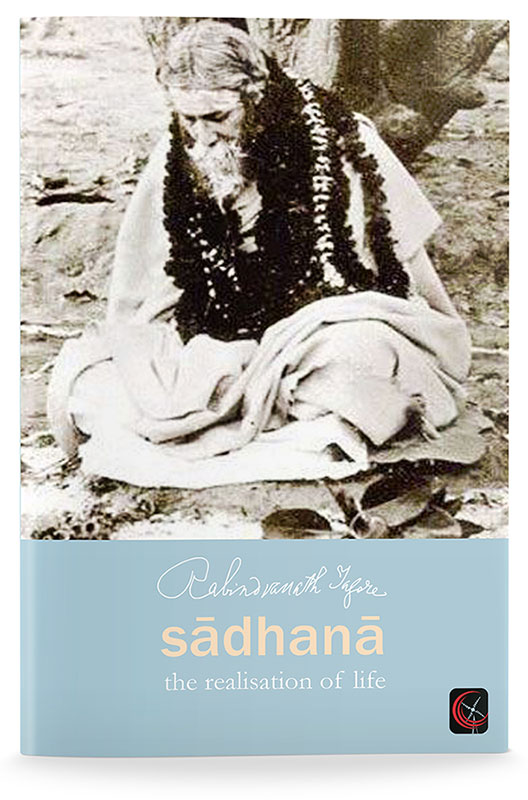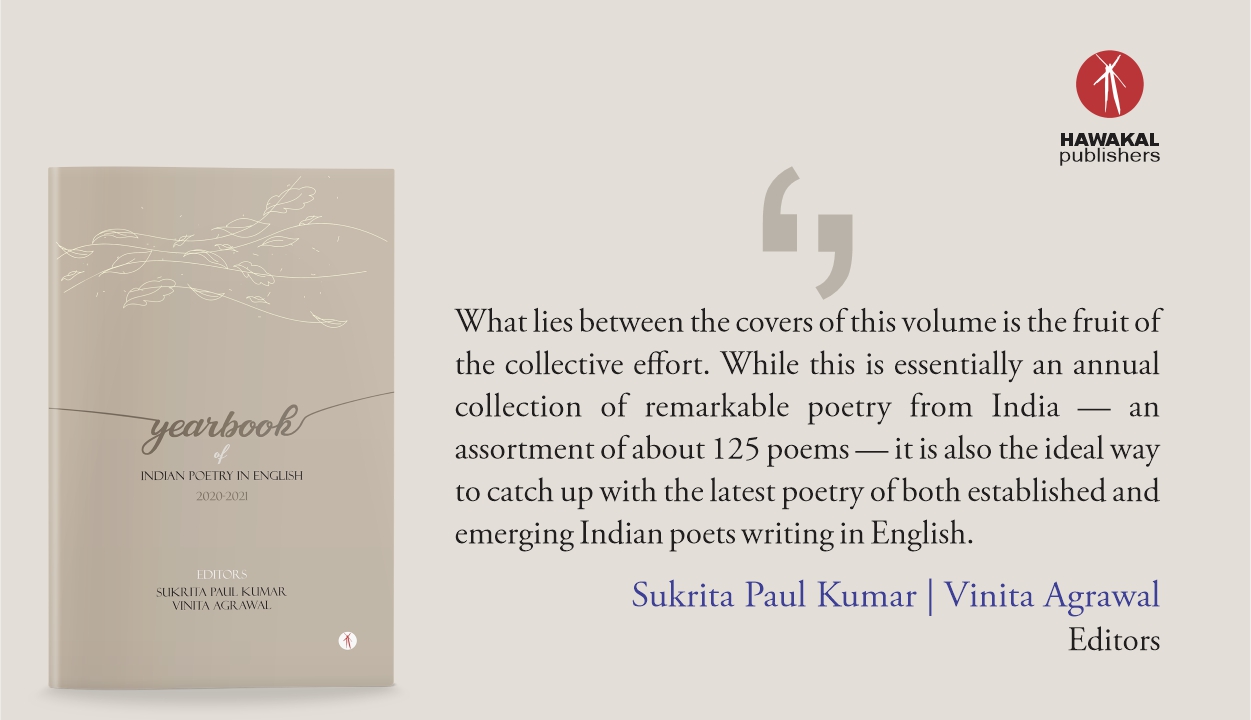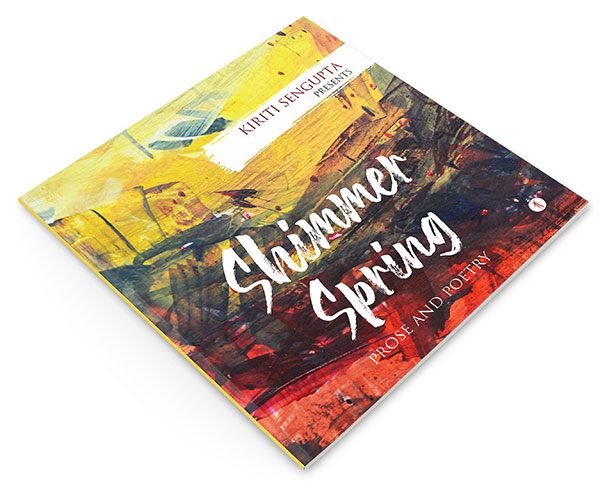To know about Rimi Dey I’ll let you read her words first,
There are plenty of snakes around.
Tigers as well.
These tigers are like snakes. There are also
a handful of other animals who resemble tigers.
Most of the people are aware,
I keep some of them
in my pockets
nowadays.
Rimi is a widely published Bengali poet of the ’90s. Born in a tea-estate in North Bengal, she edits Podyo, a critically acclaimed Bengali journal that deals exclusively with poetry. Rimi has authored nine collections of poetry, including Banobhojan, her latest release (Hawakal Publishers Sept 2018). I’ve translated five poems from Banobhojan (Picnic) for your reading. I’m delighted to have included a critique by Dustin Pickering. He is not only an extremely talented poet America can boast on, I consider him a sensible and brilliant critic of poetry.
1.
From the deep of the wood
a dissolved river approaches
beyond the forest.
I loosely pick
the light and darkness
from delirium.
2.
Jungle means domination,
it means settlement.
It takes only a few minutes
to travel across the forest.
3.
As I pursue the light
I become murk.
As I chase the forest
I turn into a lion.
The lion becomes extremely dark
when the light evolves as deep wood,
or the other way round.
4.
I wish to see the lion in my dream.
They match to a game:
dream acts with the lions,
but when it is crushed
the animals merge into a point.
They can also become sunshine,
rain, doll, or water.
I’m scared of water, you know
but I win over it.
Surprisingly, it is the water
that allows the exchange.
5.
Venom and scale are my favorite.
The light sparkles in demolition
occurring in the core of the poison.
The river silently flows over
the inflamed bite.
Inside the throat I keep the blue,
wound,
and the snakes awake to move.
Dustin writes: How can eternity simply be made of two warring opposites with mutual respect for one another’s boundaries? Light and dark must play a fair game to create and to stabilize the existence they serve. This isn’t like Atlas suddenly deciding his appointed role is too burdensome. The new faith requires an understanding of the mutuality of warring forces. The agon, as it is named by Nietzsche, is only fruitful if the opponents hold an admiration and confidence in one another. Otherwise, there is no point to a rivalry.
In this short and tawdry masterpiece, Rimi reveals how this “ouraboros” of Nature’s flights are compatible with our existence as human beings. A movement is shaping that declares humans are part of Nature, but perhaps we don’t understand how exactly. For everything to have foundation in a unified flux, all things must be one; they must be grounded in the same evolution, the same dream. Rimi clarifies what that dream is—water. Water is a traditional element. One early philosopher, Thales, declared all matter is based on water. Later, the great Western mind Sir Isaac Newton told us that the matter of the entire universe could fit into a nutshell.
Let’s stop thinking in terms of flux and foundation. The world moves. Nature seeks to unfold carnal animality and it does so with rapid images, continuous surges of passion, and self-reflective moments of purity. Christianity has long stated that one thing we differ in is that we contemplate God. Our cultural works are certainly expressive of our desire to inquire and understand. Some species of birds beautify their nests to attract mates using feathers and colorful fabrics. The human quest for beauty is more than a mating call in spite of what many scientists claim. We simply don’t know the truth because it is too vast.
What we do know is that a new understanding must arise when the old one has become stale. We need rejuvenation. The old truths must dance again in new forms.
Rimi Dey, as poet, has a way of transferring information she doesn’t grasp herself. The poet is a hunchback of sorts, with a crook in her back she can’t view yet takes great pride in. In dialectics, arguments are presented and systematically refuted until the truth is finally revealed. Light and dark are the universe’s dialectics, the testing ground of spontaneous beauty and the miracle of life. A poet must conceal him/herself in ragged clothes or hideous deformation to impart the miracle to the growing church of birth.
They say when a person dies, another is born. I am seeing this more now than I have ever in my life. Rimi’s poetry presents a dialectical process ending with a synthesis of the symbols. The paradox of synthesis is that, being composed of two ideas, it forms one. In itself, this is what birth is. This is what the Romantics deemed the capacity of Imagination, their revered quality of the mind.
Rimi’s poems share distinct approaches with dialectics and Romanticism, with a foundation of Eastern mysticism and common truth. This short, but sagacious, proposition disguised as a poem earns Rimi a place among the wise.









Leave a Reply